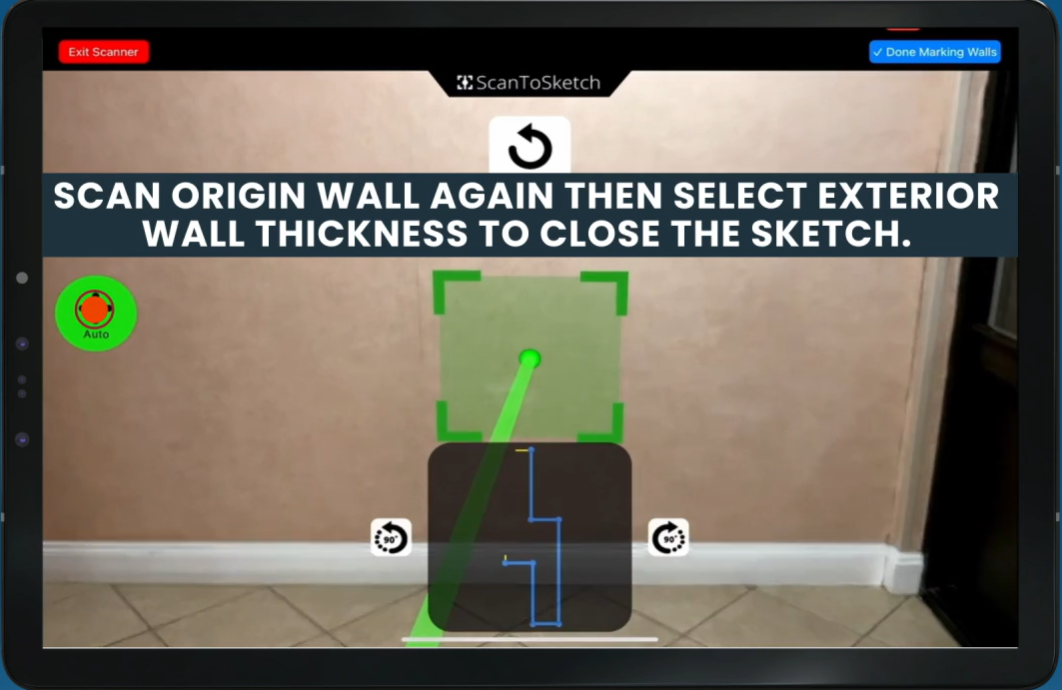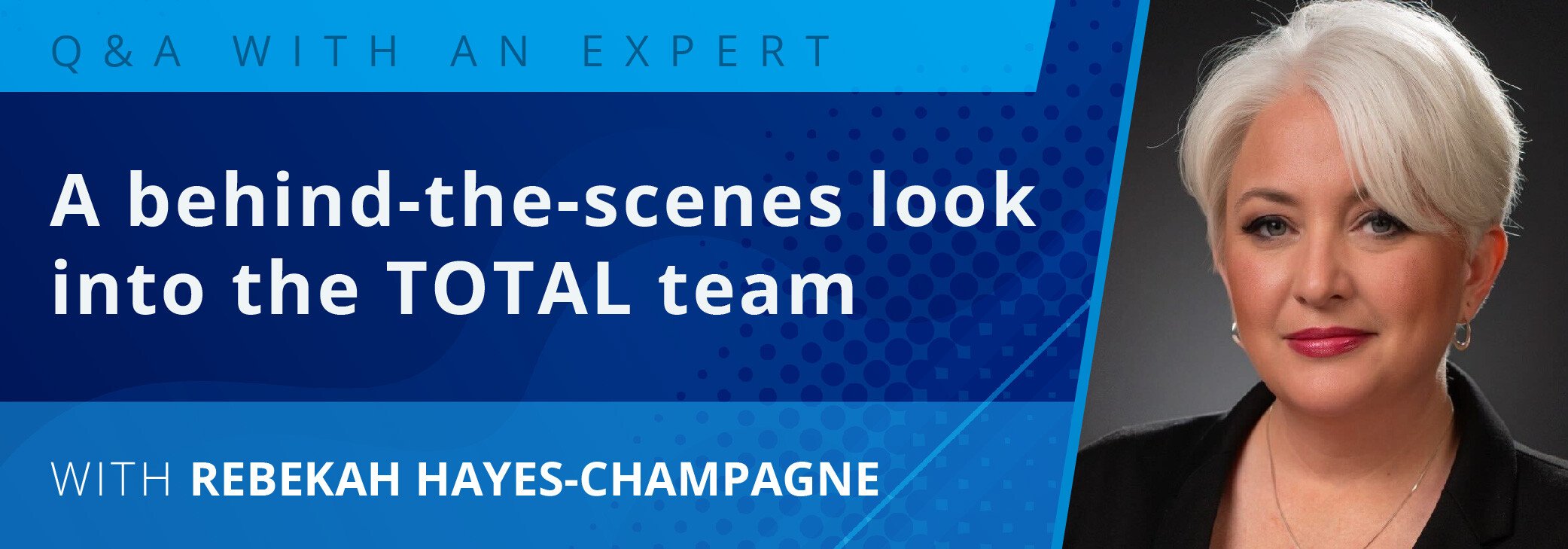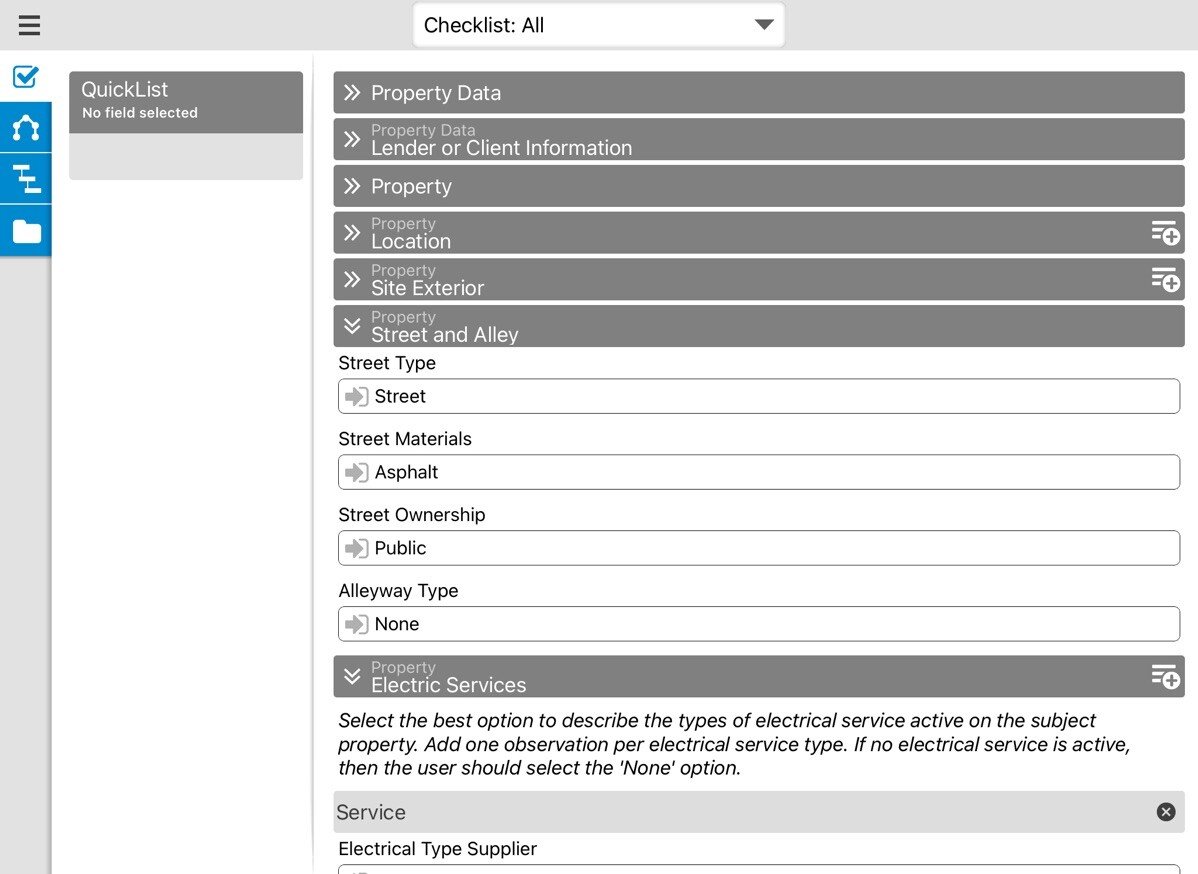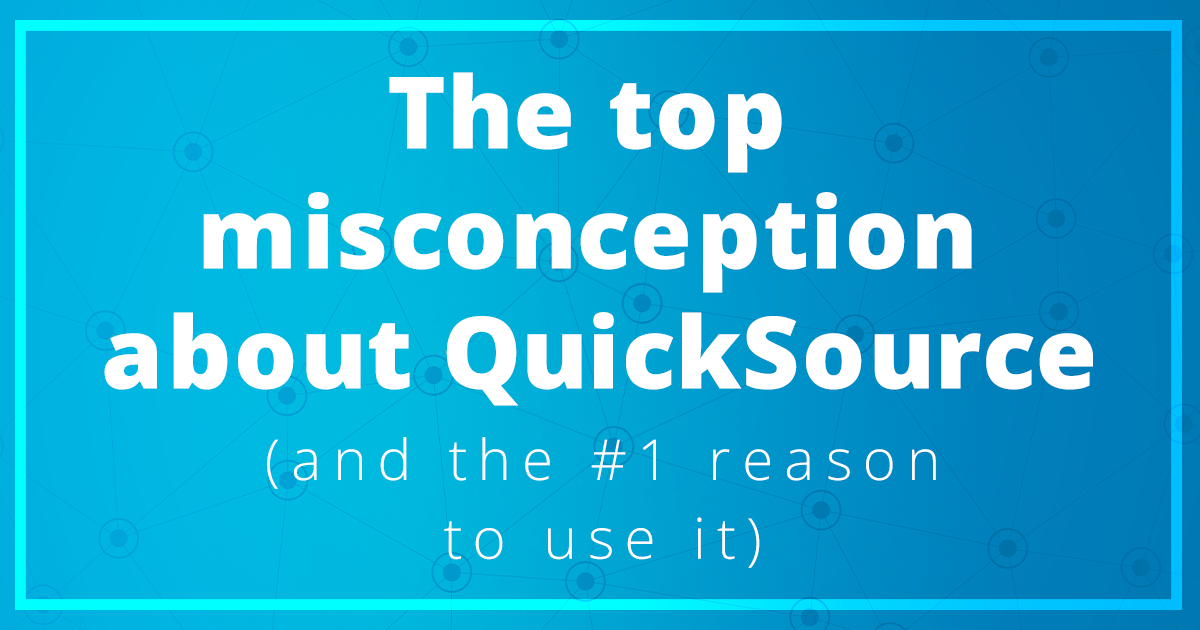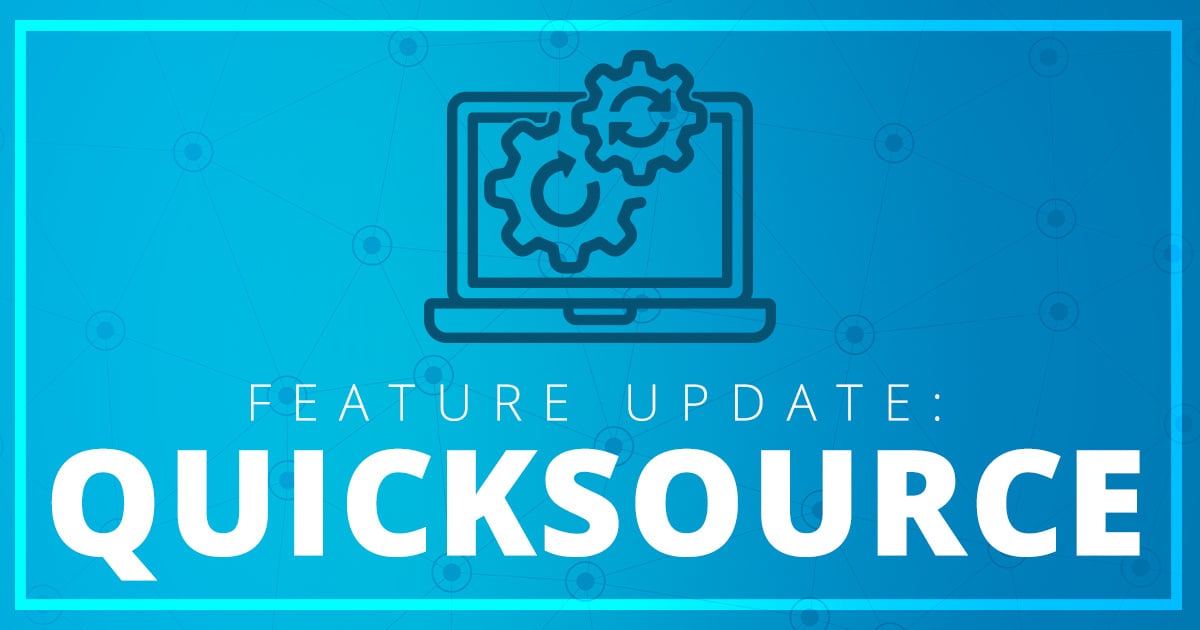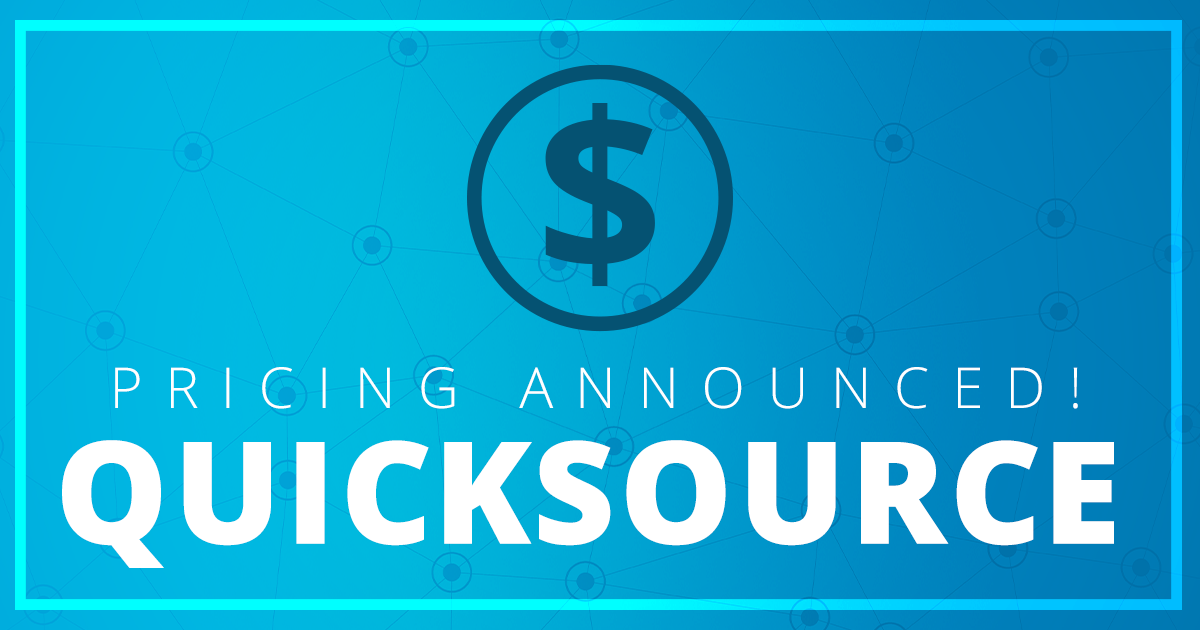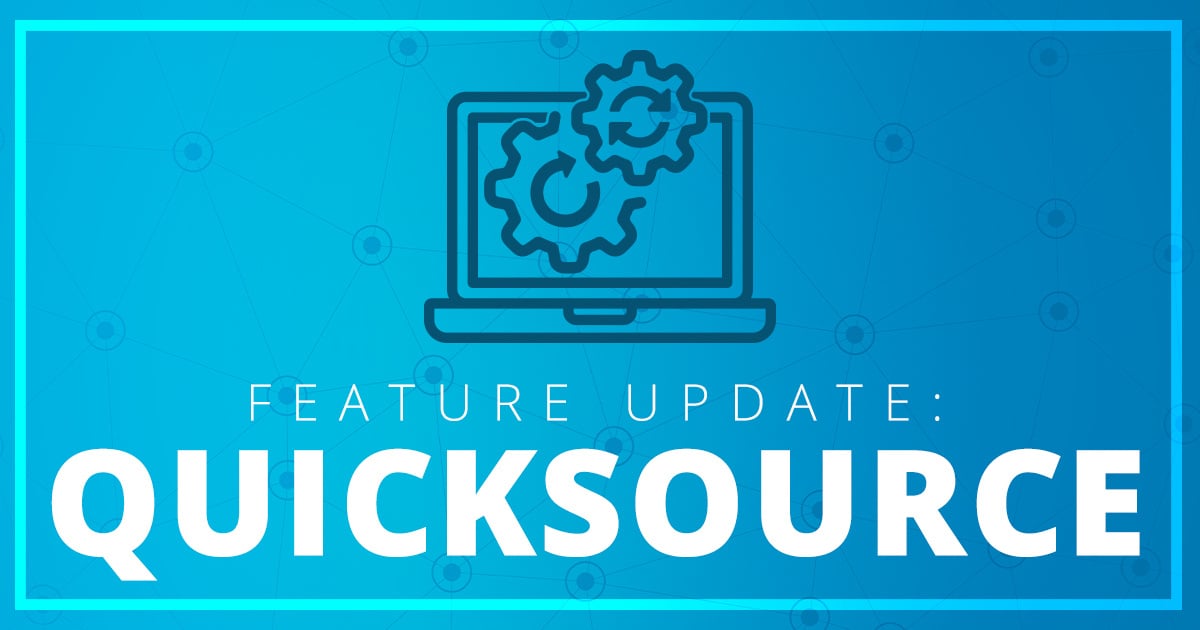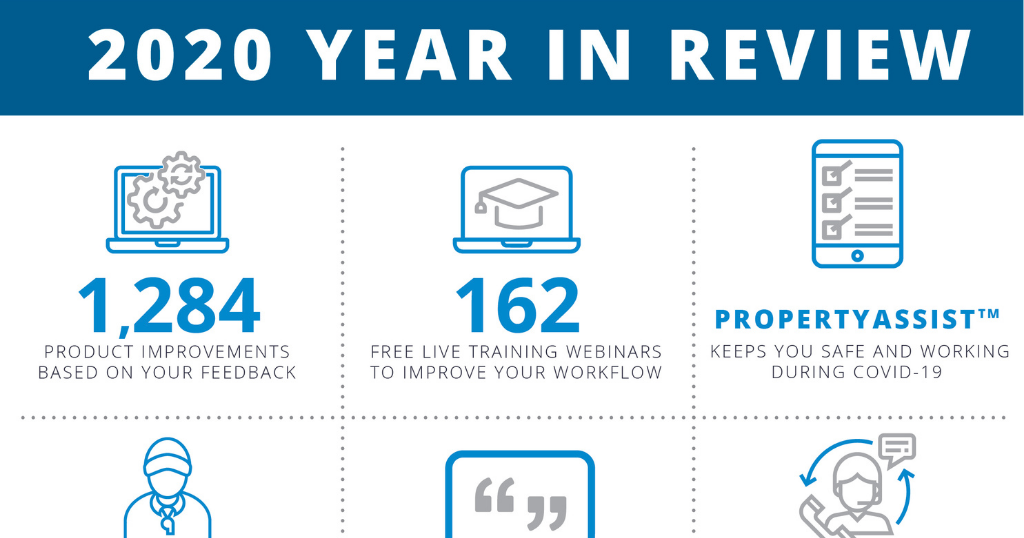Adapted from Appraising your Business: How to Succeed by Setting Yourself Apart by Dave Biggers, from Working RE, 2005
This article is part of the Marketing Classroom series
Marketing 101 for appraisers, the Appraiser Classroom is a dedicated page providing appraisers with all the latest how-tos, tips and tricks, and guidance to get high-fee, non-lender work. Click here to go to the Appraiser Classroom.
If all you’re selling is the generic service “mortgage appraisals,” it’s going to be awfully difficult to convince your clients that there’s a reason they should hire you instead of the guy down the street. Deliver that reason and you’ll get more work.
Finding and communicating that reason is called differentiation – and it’s also called marketing.
So, how do you differentiate yourself? What type of differentiation matters? How will you find out? And once you determine what it needs to be, how will you use marketing to exploit it?
Start at the beginning. Does turn time really matter most to your clients? Does the fee matter as much as good communication and responsiveness? Do AVMs appeal to your clients because they’re fast and cheap – or because they don’t argue or “go dark” until the appraisal is delivered?
You may be surprised by the answer – but whatever it is, use it. If your clients value responsiveness, deliver it – and sell on it. On the other hand, if your clients like the fact that they don’t have to get constant updates from you, because you do your work efficiently, on time and deliver as promised, sell on that.
You won’t find the answers to these questions through contemplation. Ask your clients! Why guess what makes someone hire you? Go to the source and find out!
You’re not after a laundry list of things your clients like. Even if you can coax ten things your clients like about the appraisers they use out of them, you’re being dishonest with yourself if you think all ten describe you.
If you can’t describe your business and its differentiation in one easily digested sentence – almost a tagline – then it’s not of much use. If your description is too broad or too weak, it’s a waste. Focus.
Once you determine what differentiators you’ll focus on, make sure that every aspect of your business reinforces them. Follow a simple mantra: “Do what you say and say what you do.” Live by it.
Most people think marketing is only the latter. Advertising is saying what you do. Marketing is both, including doing what you say you’ll do.
If you see responsiveness as a differentiator, then make sure your voice mail announcement also gives a cell phone number where they can reach you, or that directs them to your website for 24-hour a day service. If you decide to have a website which can send every client a daily e-mail outlining the status of a report and its progress, then make sure it happens and make sure they know it will.
If friendliness is your differentiator – Southwest Airlines is proof that this simple differentiator works in an industry known for surliness – then make sure everything you do reflects it. Absolutely everything. The way you deal with a homeowner – realistically, there’s little chance your client will hear from the homeowner that you were super friendly and personable and professional. But there’s at least a small chance they’ll hear if you were unprofessional, sloppy and surly. Don’t chance it.
Then say what you do: Silent differentiation is an irrelevant waste of effort. If you don’t proclaim your differences, who will?
Use your one-sentence tagline religiously, in your website, on your voice mail, in your ads, and in every communication about your company, no matter how small. Do you have a logo? Does it say what you are and why someone should care? Does it project the image you want? If your logo is just your name printed in a plain font from a stock business card company, you’ve wasted a great opportunity to say what you do and make it memorable.
No differentiation equals no profit – it doesn’t matter if it’s wheat, houses or appraisals. What does matter is not allowing yourself and your service to be commoditized. Do what you say and say what you do. That’s pure marketing. And there’s nothing more critical to your business – even as an appraiser.



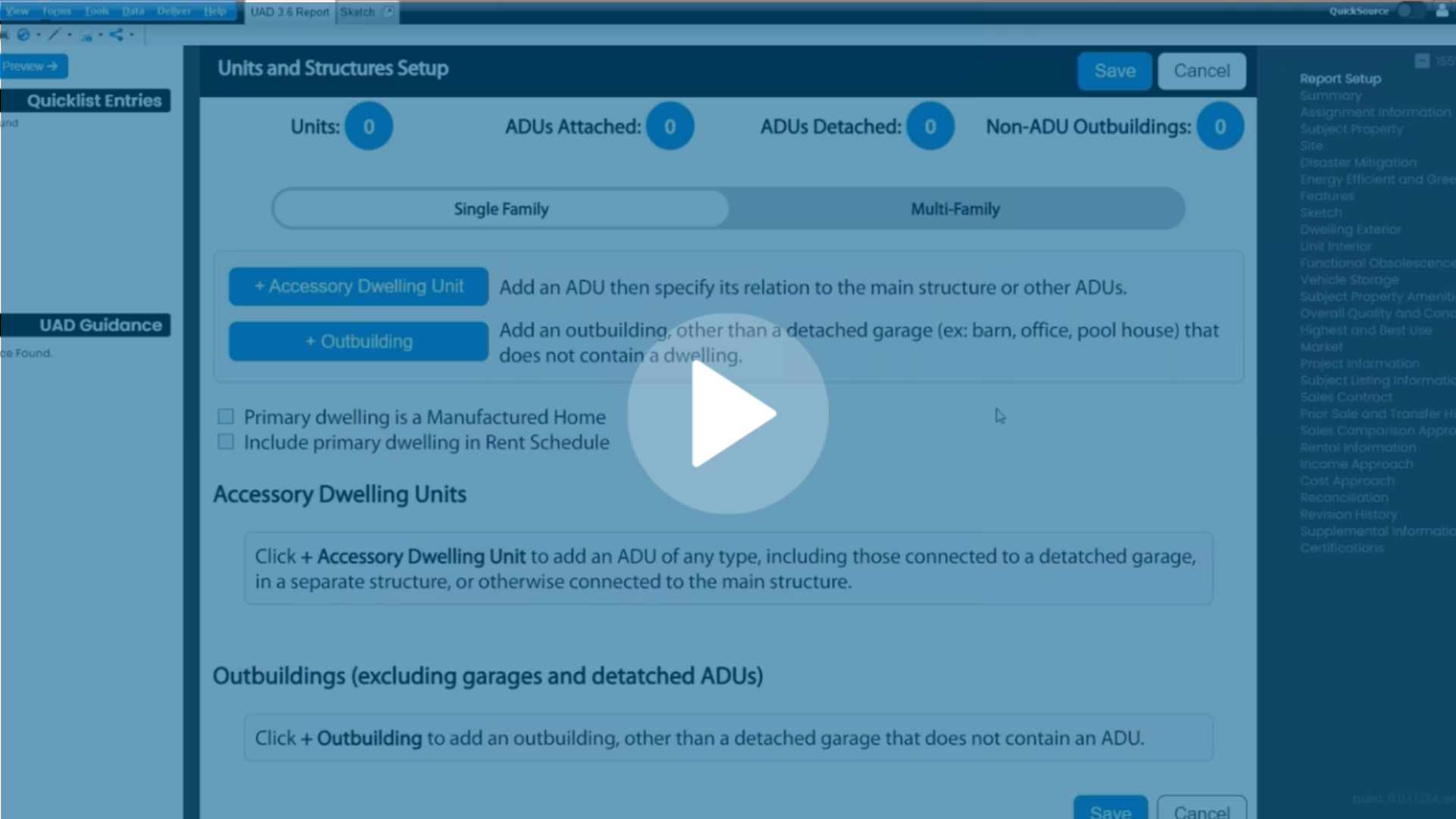
.png)
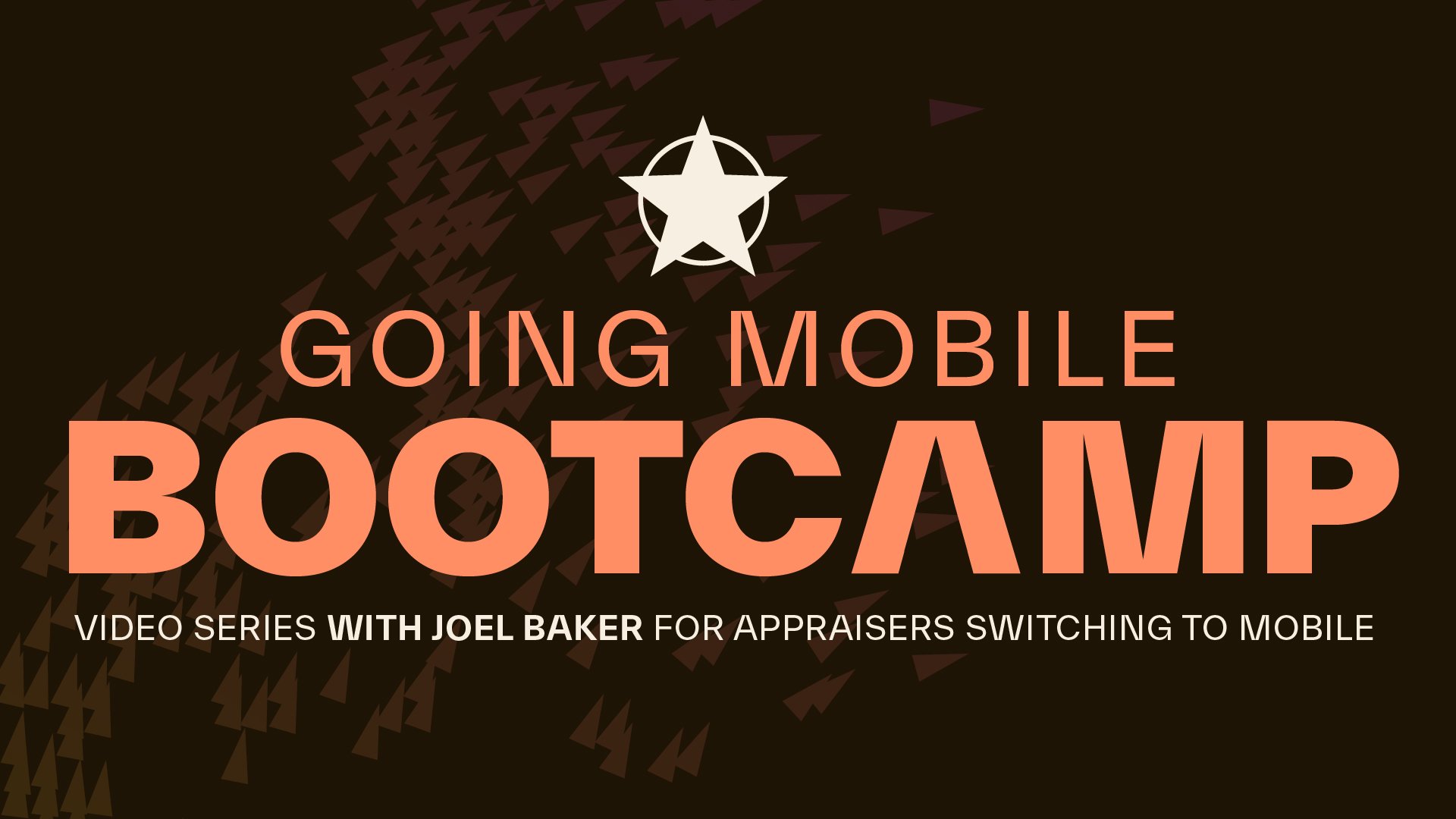
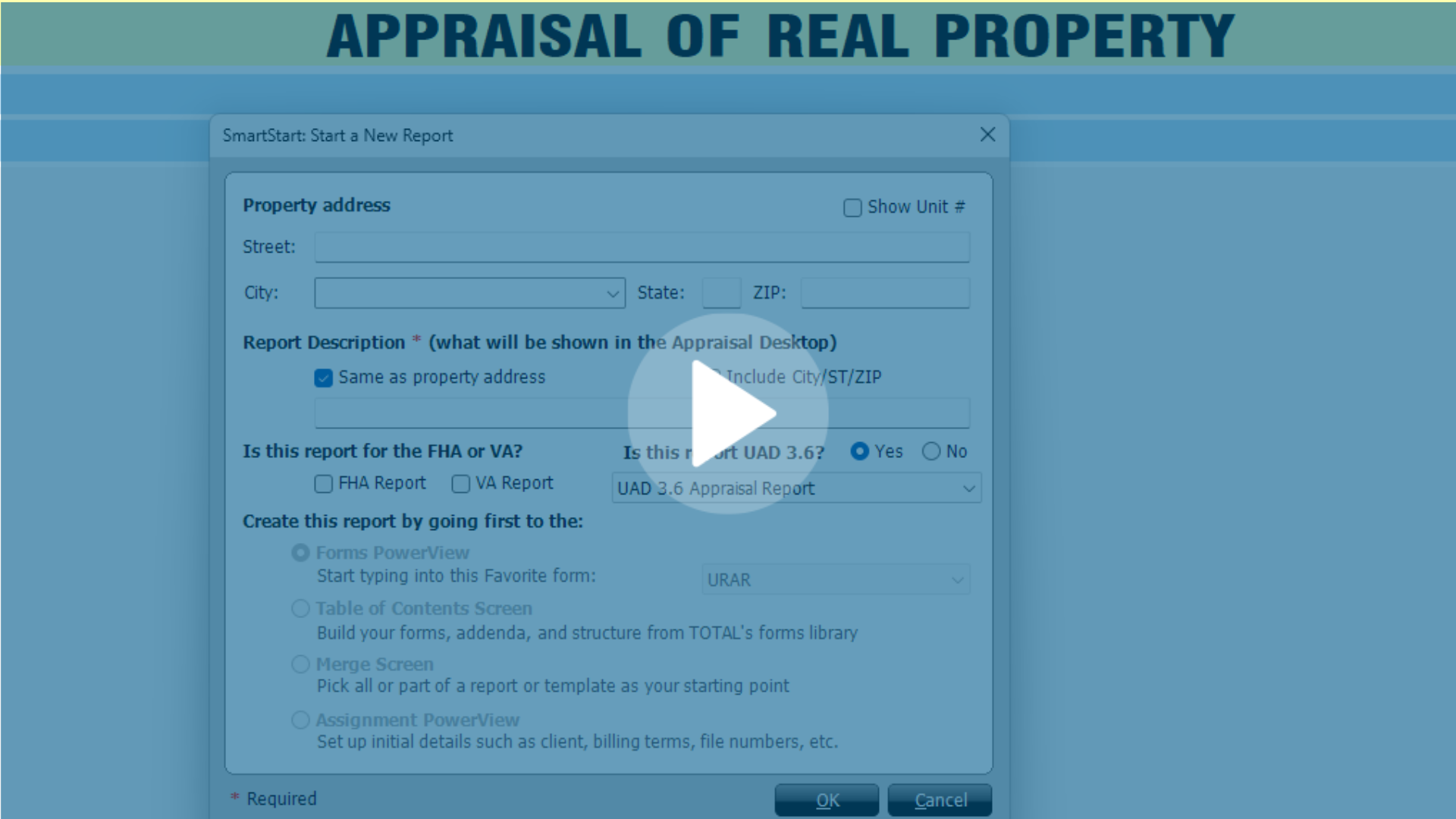


.png)
-1.png)
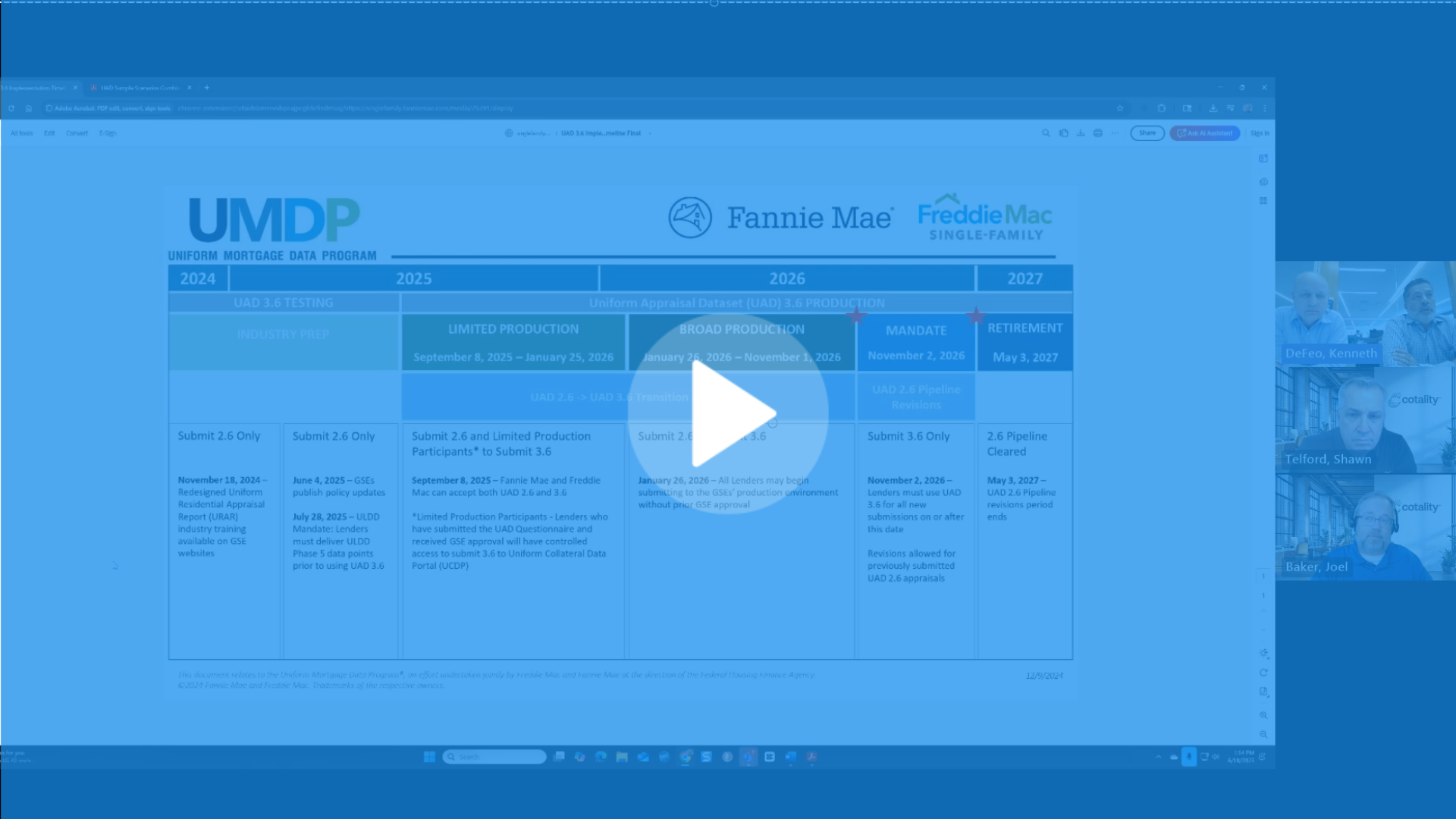
.png)
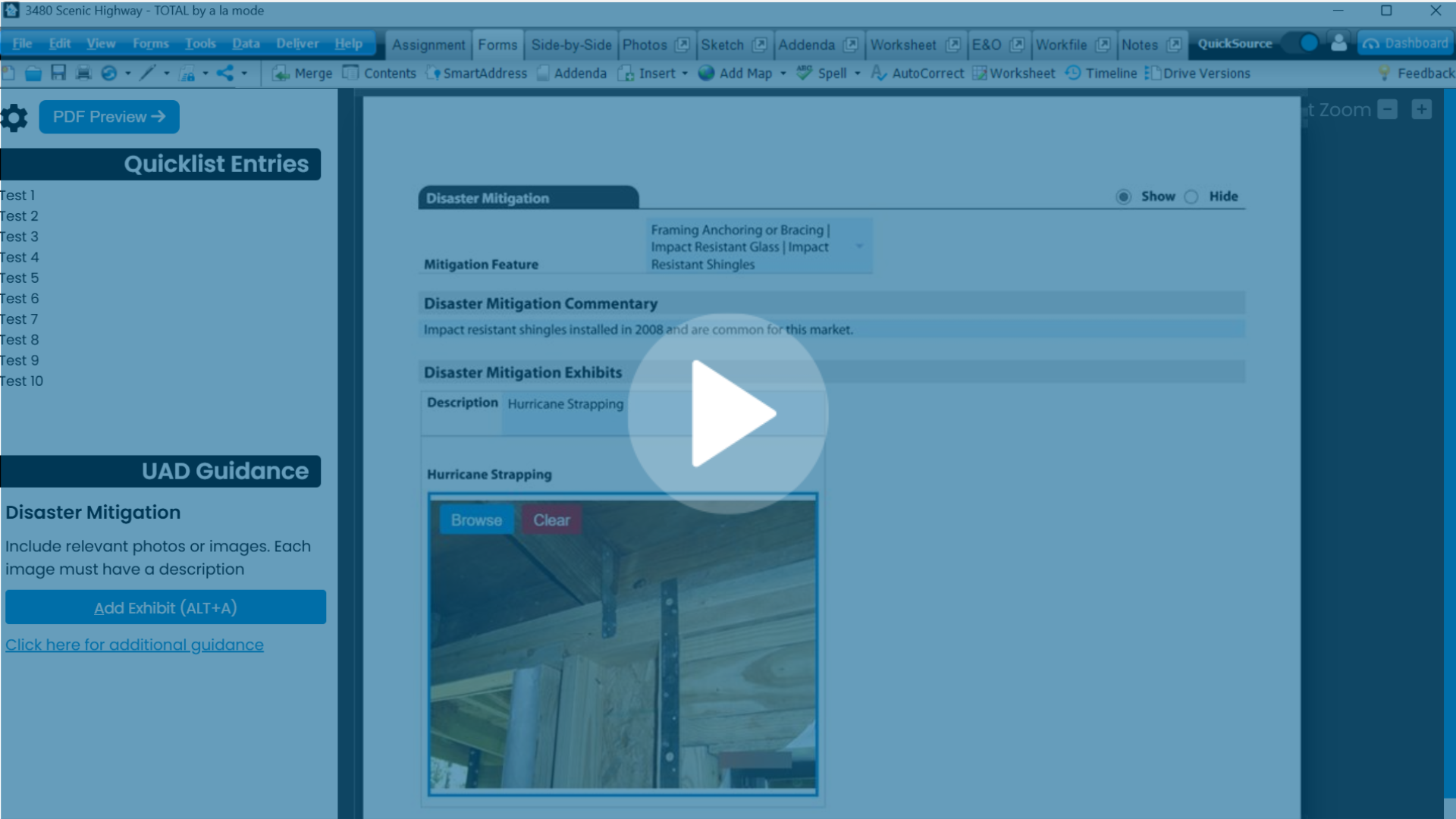
.png)
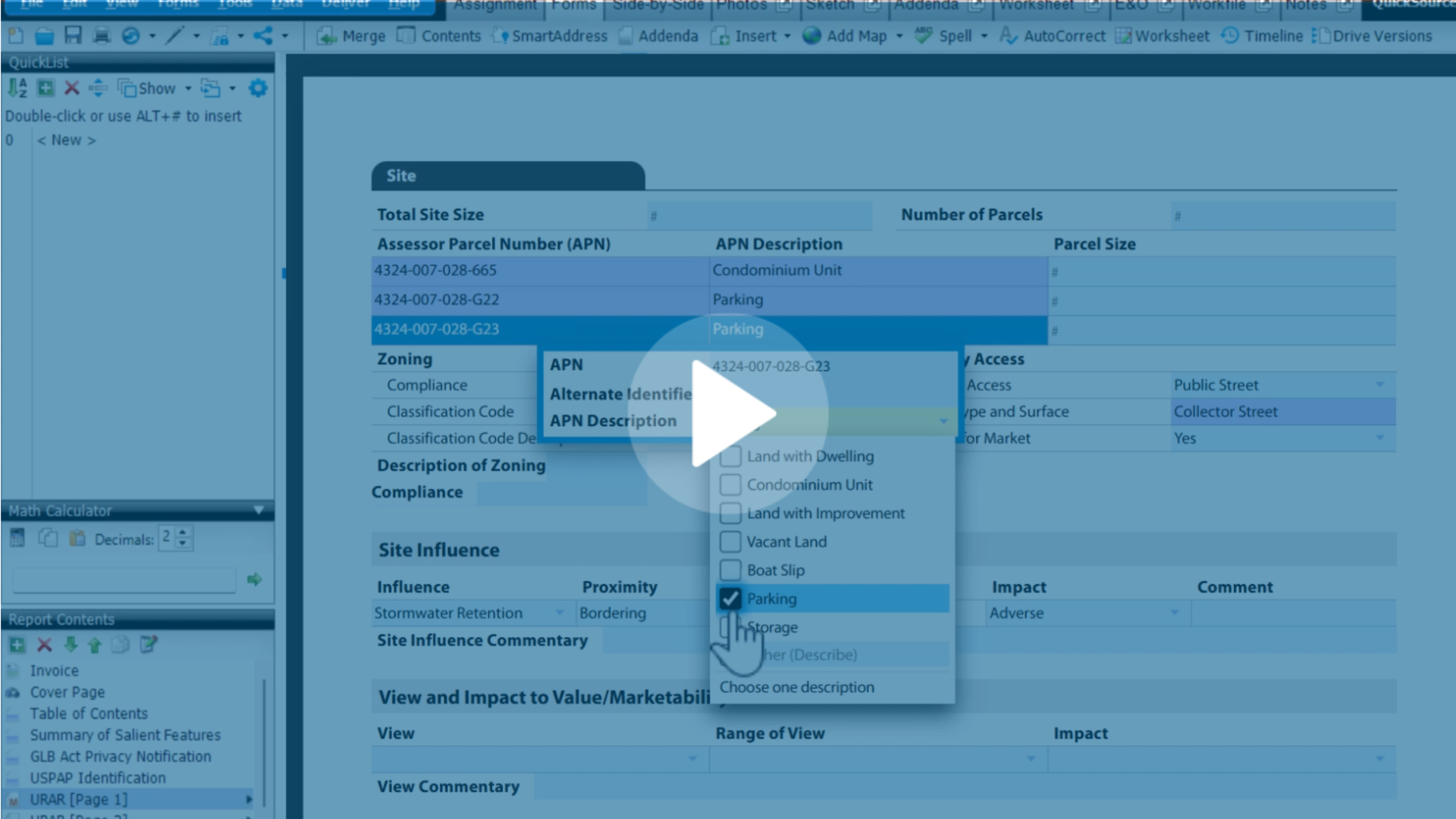
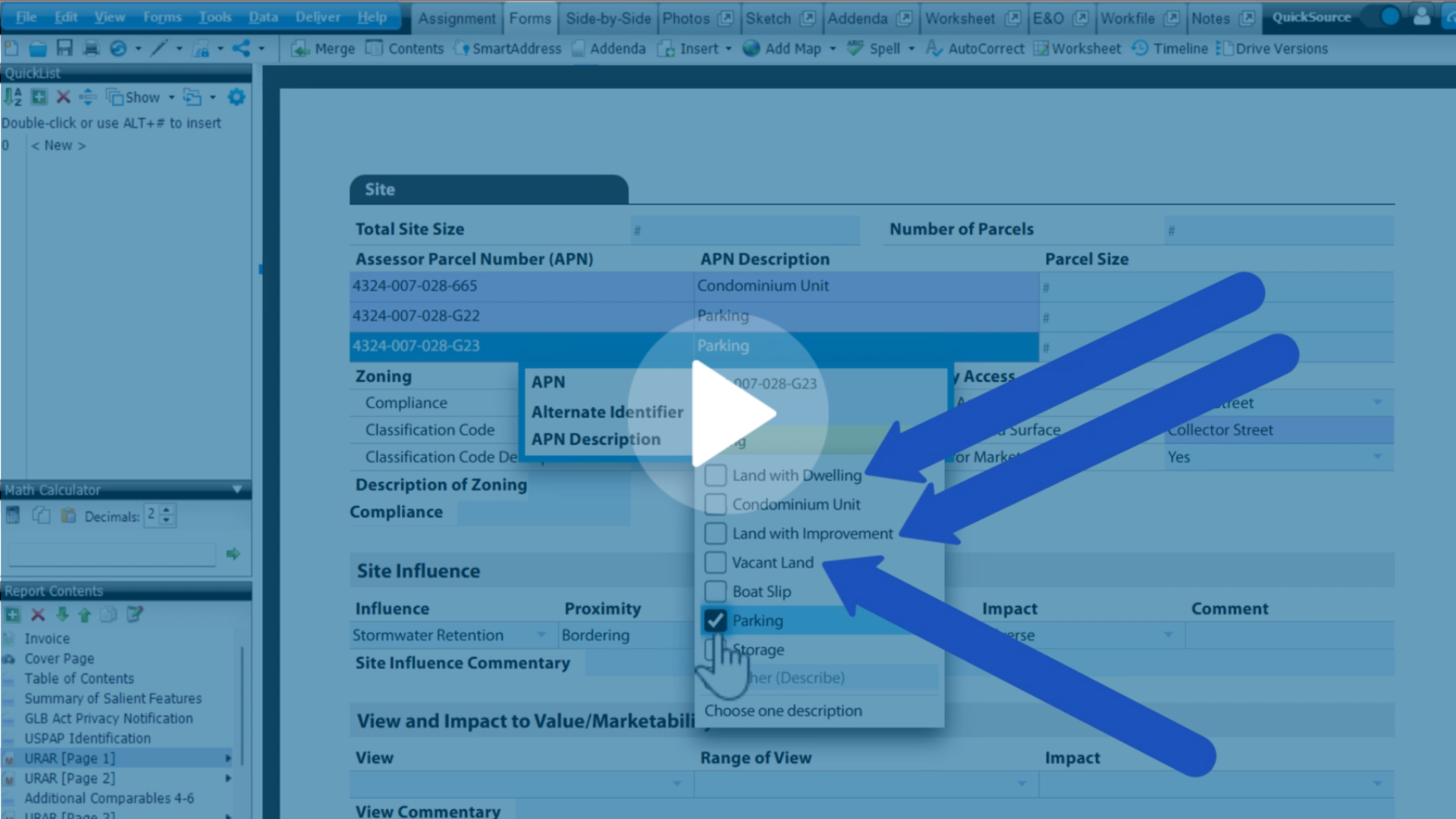
.png)
.png)
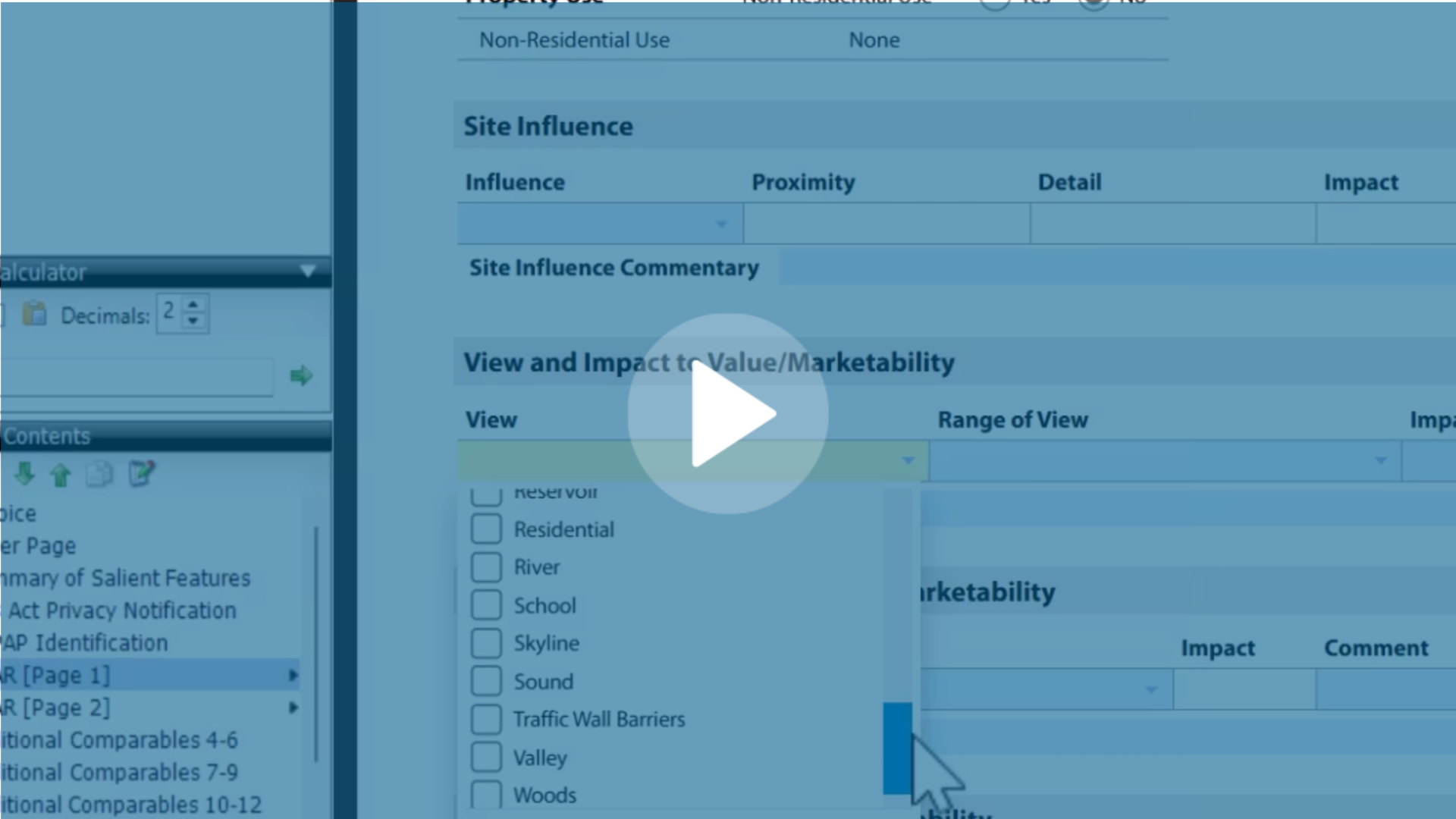
.jpg)
.png)
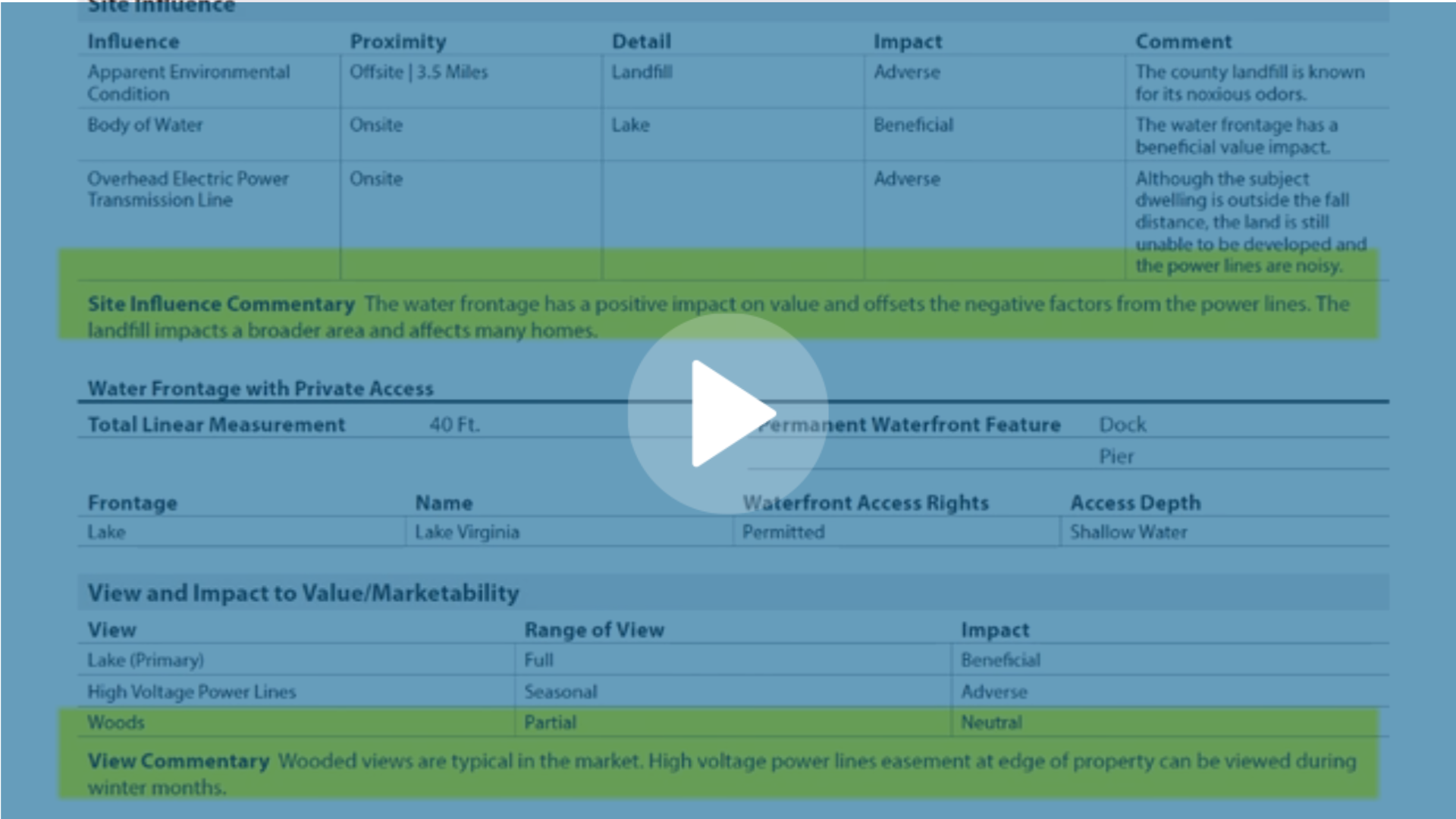
-1.png)



